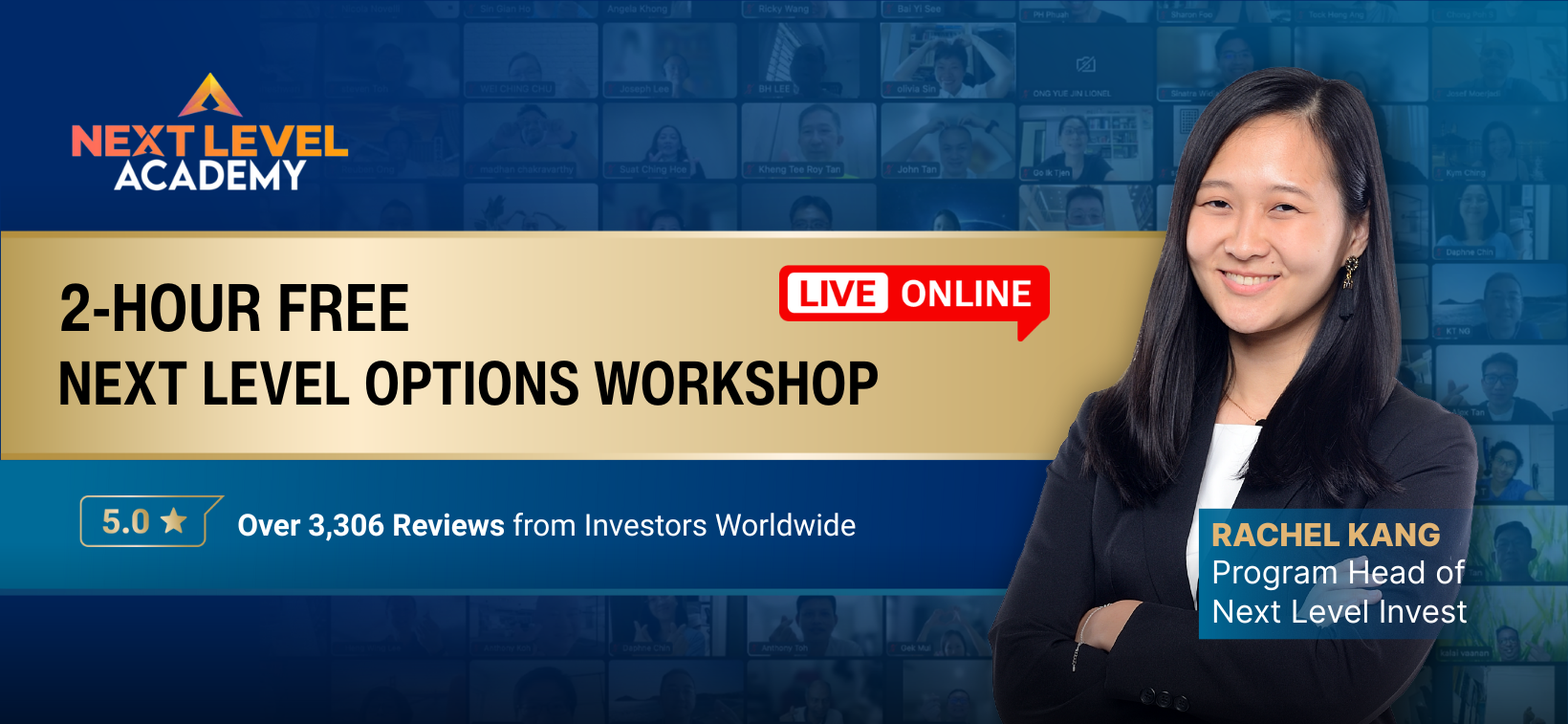- Live Life Grow Wealth
- Posts
- 📈Series 1 Day 2: How Compound Interest Builds Wealth Over Time
📈Series 1 Day 2: How Compound Interest Builds Wealth Over Time

Today’s Headline
📈 Series 1: Investing Foundations (Beginner-Friendly)
📈 Day 2: How Compound Interest Builds Wealth Over Time
When I first heard the term compound interest, it sounded boring. It felt like one of those math concepts you learn in school and never use again. But once I understood how it works, I realized it’s actually the quiet superpower behind building wealth.
If saving and investing are the “tools” of money, then compound interest is the “engine” that makes those tools powerful. Without it, money grows slowly. With it, money can grow beyond what most people imagine.
Today, I want to show you how compound interest works in real life and why it’s one of the most important forces in your financial journey.
If you're serious about growing wealth through passive income, this might be the most valuable email you ever sign up for.
📈 Stocks & Income is a powerful free newsletter that delivers dividend-paying stocks, high-yield ideas, and income opportunities — all in plain English.
The best part? You get it straight in your inbox, before the masses even hear about it.
If you're not reading this, chances are… you’re leaving serious money on the table. 😬
👉 Click here to subscribe now — before your next stock payout slips away
Wall Street has Bloomberg. You have Stocks & Income.
Why spend $25K on a Bloomberg Terminal when 5 minutes reading Stocks & Income gives you institutional-quality insights?
We deliver breaking market news, key data, AI-driven stock picks, and actionable trends—for free.
Subscribe for free and take the first step towards growing your passive income streams and your net worth today.
Stocks & Income is for informational purposes only and is not intended to be used as investment advice. Do your own research.
What Exactly Is Compound Interest?
Let’s keep this simple.
Simple interest is when you earn money only on your original amount.
Compound interest is when you earn money on both your original amount and the money it has already earned.
Think of it as “interest on interest.” Your money doesn’t just add—it multiplies.
That’s why Albert Einstein supposedly called compound interest the “eighth wonder of the world.”
A Simple Example
Imagine you save $1,000 and put it somewhere that earns 10% interest a year.
After the first year, you’ll have $1,100.
In the second year, you don’t just earn 10% on $1,000—you earn 10% on $1,100. That’s $110, giving you $1,210.
By the third year, you’re earning 10% on $1,210, which is $121, not just $100.
This process continues year after year. Instead of growing in a straight line, your money grows like a snowball rolling down a hill—getting bigger and faster as it moves.
The Snowball Effect
I like to think of compound interest as a snowball.
At the top of a hill, the snowball starts small. It rolls slowly, picking up tiny bits of snow. That’s what your first years of investing look like—progress feels slow.
But as the snowball keeps rolling, it gathers more snow and gets heavier. Soon, it’s rolling faster, picking up even more snow with every turn. That’s how compound interest works—the longer you let your money roll, the bigger and faster it grows.
Time Is the Secret Ingredient
Here’s the most important part: compound interest rewards time, not timing.
It doesn’t matter if you start with a small amount. What matters is starting early and letting time do its work.
For example:
If you invest $200 a month at 8% interest starting at age 25, by the time you’re 65 you could have about $600,000.
If you wait until age 35 to start, you’d have less than half that amount—even if you invested the same $200 every month.
The difference is just 10 years, but the results are massive. That’s the power of time.
Why Many People Don’t See the Magic
The challenge with compound interest is that it feels slow in the beginning.
In your first few years, the growth looks small. That’s when most people quit or say, “This isn’t working.”
But the real magic happens later. Compound interest is like a marathon runner—it gets stronger the longer it runs. If you give it time, the results in the later years will shock you.
Real-Life Illustration
Let’s say you invest $10,000 at 7% interest.
After 10 years: about $20,000.
After 20 years: about $40,000.
After 30 years: about $76,000.
After 40 years: about $150,000.
Notice something? The biggest growth doesn’t happen in the first 10 or even 20 years. It happens in the later decades. That’s compound interest at work—it accelerates over time.
The Real Traders Aren't on CNBC
Your current options for finding stock trades:
Option 1: Spend 4 hours daily reading everything online
Option 2: Pay $500/month for paywalled newsletters and pray
Option 3: Get yesterday's news from mainstream financial media
All three keep you broke.
Here's where the actual edge lives:
Twitter traders sharing real setups (not TV personalities)
Crowdfunding opportunities before they go mainstream
IPO alerts with actual timing
Reddit communities spotting trends early
Crypto insider takes (not corporate PR)
The problem? You'd need to be terminally online to track it all.
Stocks & Income monitors every corner where real money gets made. We send you only the actionable opportunities. No fluff, no yesterday's headlines.
Five minutes daily. Walk away with stock insights you can actually act on every time.
Stocks & Income is for informational purposes only and is not intended to be used as investment advice. Do your own research.
The Rule of 72
Here’s a simple trick I love: the Rule of 72.
If you divide 72 by your interest rate, you’ll get an estimate of how long it takes your money to double.
At 6% interest: 72 ÷ 6 = 12 years to double.
At 8% interest: 72 ÷ 8 = 9 years to double.
At 12% interest: 72 ÷ 12 = 6 years to double.
It’s a quick way to see how powerful your investments can be.
Compound Interest Works Against You Too
Here’s a painful truth: compound interest isn’t just a friend—it can be an enemy.
If you carry debt, especially credit card debt, compound interest works against you.
For example, if you owe $5,000 on a credit card with 20% interest and don’t pay it off, that debt can balloon quickly. Just like investments grow, your debt grows—but in the wrong direction.
That’s why one of the smartest moves is to pay off high-interest debt before you invest heavily. Otherwise, compound interest is working against you instead of for you.
Why Start Small Is Okay
Many people think, “I’ll invest when I have more money.” But waiting is the biggest mistake.
Compound interest doesn’t care how much you start with—it only cares how long you give it.
Even $50 or $100 a month can grow into something meaningful over time. The key is consistency.
Think of it like brushing your teeth. Brushing once won’t save you, but brushing every day over years makes a huge difference. The same goes for investing regularly.
My Own Lesson
When I was younger, I delayed investing because I thought small amounts wouldn’t matter. I told myself, “I’ll start when I earn more.”
Looking back, I wish I had started earlier. Even just a few hundred dollars invested each year would have made a big difference today.
That’s why I always encourage people not to wait. Don’t underestimate the power of starting small and starting now.
How to Make Compound Interest Work for You
Here’s what I recommend:
Start as early as you can. Time is your best friend.
Invest consistently. Set up automatic contributions every month.
Reinvest your earnings. Don’t spend the interest or dividends—let them grow.
Be patient. Avoid pulling money out too early.
Avoid high-interest debt. Don’t let compound interest work against you.
These five steps can transform your financial future.
The Emotional Side
Compound interest teaches patience. In a world where we want quick results, it asks us to play the long game.
It’s like planting a tree. For years, it looks small and unimpressive. Then suddenly, one day, it’s big enough to provide shade, fruit, and even shelter.
Your money is the same way. At first, it doesn’t look like much. But give it years, and it can give you freedom and peace of mind.
The Real Takeaway
Compound interest is not about numbers—it’s about habits.
Starting early.
Staying consistent.
Letting time work for you.
This is how ordinary people build extraordinary wealth. It’s not about luck or timing—it’s about discipline and patience.
Final Takeaways
If you take only one lesson from today, let it be this: don’t wait for the “perfect time” to invest. The perfect time is now.
The earlier you start, the more compound interest can do its work. And once you see it in action, you’ll never look at money the same way again.
Call to Action
Here’s your action step for today:
Write down how much you could set aside each month—whether it’s $50, $200, or $500. Then, imagine that money growing at 7% a year over 10, 20, and 30 years.
Seeing those numbers on paper will open your eyes to the power of compound interest.
Don’t just think about it. Start small, start today, and let compound interest quietly build your wealth over time.
Your future self will thank you.
[Live Life Grow Wealth]
🎓 Free Masterclasses to Unlock Your Investment Potential
Take your money skills to the next level with expert-led workshops designed to help you grow smarter and faster.

Recommendations Section
|
|
|
|
DISCLAIMER
I make no representations, warranties, or guarantees, whether expressed or implied, that the content provided is accurate, complete, or up-to-date. Past performance is not indicative nor a guarantee of future returns.
I am an individual content creator and not regulated or licensed by the Monetary Authority of Singapore (MAS) as I do not provide investment services.
All forms of investments carry risks, including the risk of losing your entire invested amount. Such activities may not be suitable for everyone. You are strongly encouraged to seek advice from a professional financial advisor if you have any doubts or concerns.









